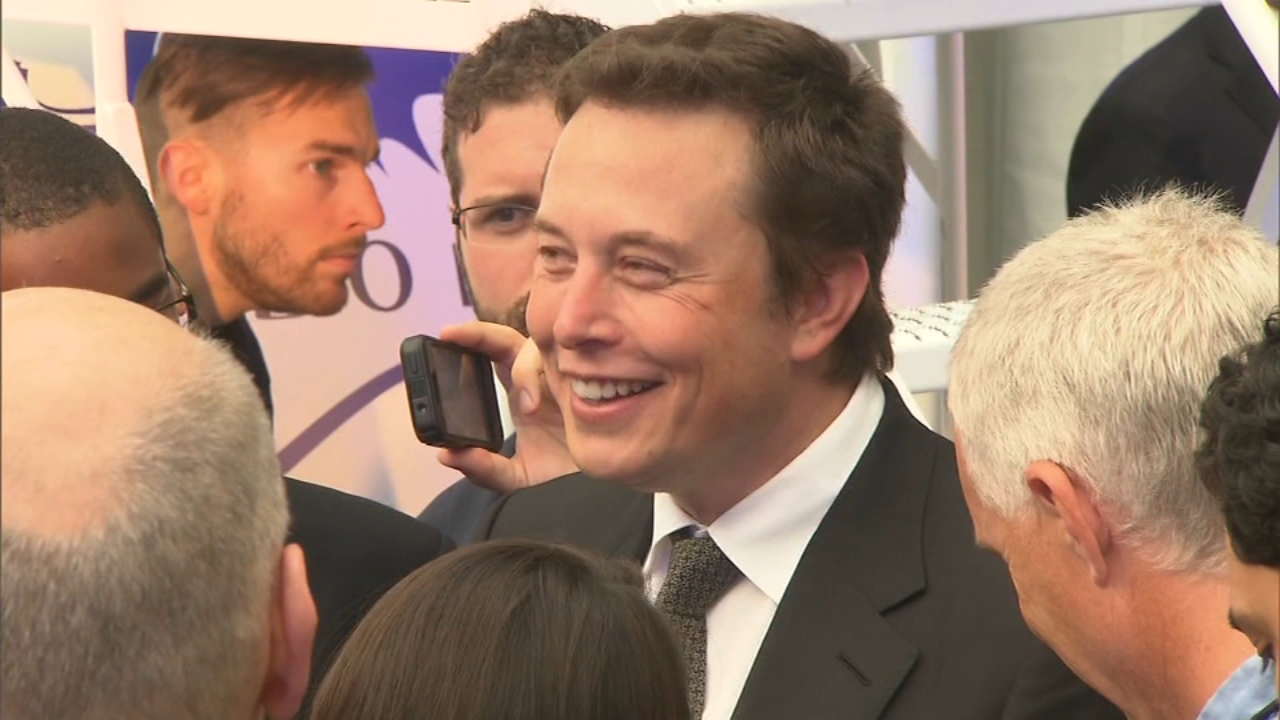
Anthony Richardson and the Ruthless NFL Landscape: A Short-Sighted Decision
In the brutal world of the NFL, one truth reigns supreme: success is all that matters. Young talents often have to learn this lesson the hard way, and no one knows this better than Anthony Richardson. The recent news of his sidelining by the Indianapolis Colts raises questions far beyond mere statistics.
Richardson, the fourth overall pick in the 2023 draft, is facing an uphill battle. With only four games played this season, his numbers leave much to be desired—completing just 44.4% of his passes for 958 yards, four touchdowns, and seven interceptions. Such figures paint a bleak picture when one considers his potential and talent. The Colts’ decision to bench him further complicates his development, as he now loses critical playing time necessary for growth.
“For Anthony Richardson, it will be challenging,” Colts owner Jim Irsay articulated earlier this season. “We know that. But he must play to get better. That is beyond question.”
The Colts must grapple with the implications of their swift judgment; after only ten games, Richardson’s confidence is likely shaken. Notably, this impatience comes despite Irsay’s own acknowledgment that every young player needs space and time to adjust.
 The ups and downs of an NFL quarterback’s journey.
The ups and downs of an NFL quarterback’s journey.
The Bigger Picture of Player Development
Richardson’s current situation exemplifies a widespread issue in the NFL: teams often prioritize immediate success over long-term development. For a rookie quarterback, the nuances of NFL gameplay require time and experience to master. Benchings such as this one can halt that progress, stripping a player of the opportunity to learn from mistakes on the field.
Moreover, it’s essential to recognize that a quarterback’s success relies not only on their skills but also on the systems and coaches around them. Play-calling, management decisions, and the overall team environment can significantly influence performance. As Richardson faces this setback, questions arise about the Colts’ commitment to fostering his growth as a quarterback.
Currently, the Colts are turning to veteran Joe Flacco to salvage the season, aiming for a playoff run with a 4-4 record. But fans must wonder, at what cost? Flacco’s experience is undeniable, yet relying on a 39-year-old quarterback as a short-term solution may deter the long-term investment necessary for a young talent like Richardson.
Navigating the Harsh Harsh Reality of the NFL
In a league where instant success is the expectation, showing patience toward a developing player can feel like a gamble. However, Richardson’s future hinges on how the Colts choose to navigate this challenging season. As he sits on the bench, the risk of losing confidence in both himself and the franchise looms large.
The brutal nature of the NFL is not lost on Richardson, who has now become yet another casualty of a business driven by results above all else. With football being a multi-billion dollar industry, quicker results often overshadow necessary developmental patience, leading teams to make decisions that will lean toward immediate returns.
A moment of pause for a young talent on the sidelines.
The Road Ahead: Trust and Stability
As the Colts proceed with Flacco under center, they must also prioritize Richardson’s future. Can they restore trust between themselves and a player who deserves a fair chance to grow? The Colts must not lose sight of the bigger picture. Every rookie quarterback deserves the opportunity to learn from failures, and the organization must provide a stable environment that encourages growth, not dismantles it through impulsive decisions.
Richardson’s journey is a reminder of the vital balance between immediate success and long-term player development. The league demands success, but it is the cultivation of talent that fuels the future of the NFL. A misstep here could mean the loss of not just a promising quarterback, but a trusted franchise player who could have transformed the Colts for years to come.
Conclusion: A Call for Reflection
As fans of the game, we should understand that patience is not just a virtue; it is necessary for the survival of budding talent in the harsh realm of the NFL. Richardson’s experience sheds light on the broader implications of how teams manage their young players in the face of pressure to deliver results. In the pursuit of success, teams must remember: the next great quarterback may sit on the bench today, waiting for the chance to shine.
The Colts have a critical decision to make moving forward, one that could spell either short-term gains or long-term losses in their quest for renewed success in NFL’s ruthlessly competitive landscape.
For more on how the NFL landscape is changing, check out NFL News and keep up with young stars in the making like Anthony Richardson.















